The following is taken from an interview with Melvin Lehman conducted by Reagan Schrock.
Mennonite culture has traditionally promoted work that is centered around agriculture and working with one’s hands. But in the last decades, a shift has begun towards fewer people working the land. Instead, Mennonite breadwinners have moved toward more “conventional” forms of income. As one who grew up on a dairy farm, I have been a part of this transition. I have also observed that those who still farm have changed too. Farming is done differently now than it was when I was young, and I think that is more significant than some realize.
I grew up attending Strasburg Mennonite Church in Chambersburg Pa. At least 70 percent of the families there were either directly involved in agriculture or at least connected to it-such as working in a feed mill. Today, in the same congregation, there are less than 20 percent who farm. This vocational tendency is quite prevalent east of the Appalachians. Many of the Western churches still have significant numbers involved in agriculture, but even there, the changing scene is evident.The results of this shift are not all negative. The changes are significant, but intelligent people pay attention to what’s happening and pay attention to their core values, understandings, and so on. It is important for all of us to grapple with the significance of these changes.
So how will this affect our culture? This occupational shift is a part of the reason for the fragmentation in our circles. The shift is certainly not the only reason for the fragmentation, but it is a contributor. The generation of the early 20th century farmed together more than what my parents did. Labor intensive work such as threshing grain called for 4-6 families to pool their resources to keep up with the work. The agricultural community set the agenda for the church community. Schedules were created to accommodate the farmer. The upshot is that farming together created community out of necessity. As the movements away from the farm happened, that natural integration of church community began to come apart at the seams. Few have been paying attention. There are some good aspects to the migration from farm to something else. Although moving away from the agricultural lifestyle has contributed some to acculturation, depending on your perspective, the acculturation may be helpful. A few examples might be- turning from the German language to the English language and the development of businesses that resulted in rubbing shoulders with neighbors in the workplace. In short, it forced us into contact with the broader society and reduced isolation from our non-Mennonite neighbors. This contact has helped to correct the tunnel vision that is so common when we are too introverted.
One of the most significant down sides to the move away from the farm is that of less dad-presence. It doesn’t matter how you cut it, farming created great opportunity for lots of dad-presence. On the family farm where I grew up, I experienced 24/7 dad-presence for the most part. Dad put on his bib overalls and we worked together all day on the farm. By way of contrast, my father-in-law was a trucker. To this day, he says that the worst thing about his job was being away from home too much of the time. There was a price he paid for that absence of dad-presence. I do not think everyone needs to go back to the farm to have healthy dad-presence. But I do think it is important for us to be thoughtful and intentional about creating a culture where Dad is “at home” in his own household.
To explore this a bit farther, consider how farming itself has changed in the past 40 years. Few in my family still farm. My one nephew who does dairy farming hires Mexicans to do his milking; not all the time, but sometimes. My dad would never have done that. Ours was a family dairy farm and we did all the work. A benefit was that I received an education from my dad—a political and theological orientation so to speak, while milking in a stable. Not a milking parlor, mind you, but stanchions and cows facing away from the walkway while we did the menial tasks of milking. That was every morning and evening, seven days a week. We wouldn’t think of having somebody else milk the cows. My dad and I, along with my brothers had an hour and a half to two hours every morning and every evening, milking cows and talking about life and the neighbors. (Of course there were plenty of times that the mood dictated silence.) My nephew will be missing that. I do not criticize him for hiring help, but those are some of the changes in farming methods that he and others are facing. To reiterate, it’s not just the movement from farm to city that is changing the cultural landscape. It’s the changes within farming itself that I think affect us more than we might realize.
Looking towards the future, I have four question that I suggest we think about.
- 1. What must we do to create community solidarity?
- 2. How can we maintain and improve a strong work ethic that we gained on the farm?
- 3.How can we increase dad-presence when our culture pushes us away from such?
- 4. How can we stay connected to the good earth in good ways as we move away from the farm?
How should we approach the future in light of these questions? Well, first we should consider how we might develop models and strategies for sustainable small-scale farming. I think we’ve given up on “farming” too quickly. Again, don’t misunderstand me to say that I think we should all get back on the farm. My point is that we have obviously experienced some real value from farming. Why just give up because it seems not to pay enough in dollar value or in free time? Why not explore small-scale strategies and make farming more accessible to more people?What are some possibilities for small-scale farming? I have grass-fed beef. Why am I doing that? One reason is that it fits with today’s cultural atmosphere of eating healthy. Raising grass-fed beef is also inexpensive. When I say it’s inexpensive, I mean that you can raise an animal with far less cash investment if you’re feeding only grass and hay. The equation changes if you want to fatten them fast by feeding corn or some other high protein grain. This is what I mean by developing models and strategies for sustainable small-scale farming. I am a teacher, but I do small- scale farming with relatively inexpensive equipment on the side.
Here in Northwest Pa, one can create a supplementary income by tapping trees and making maple syrup. My vision would call for some thinking and doing outside of the box. It seems to me that at times Mennonites are too quick to buy into modern farming methods—more fertilizers, more pesticides, etc.—in spite of mounting evidence that such approaches may be problematic. Should we not be leaders in the field for alternative means to make the land productive? Buying into modern farming methods leads to big business models. The result is that farming becomes less and less accessible to the average person. It is true that there are many people in the world to feed. This seems to argue for bigger and better. But I wonder if we would not be able to achieve a more sustainable productivity from the land over the long haul by keeping the farm small enough to be family owned and family run. I have a vision for this, but we will have to do some innovative work to make it happen.
One way would be by encouraging small businesses. Our people have naturally moved that direction. When I was around 12 years old I remember my dad telling me and my brothers, “Boys, you can’t all farm.” which I also took to imply, “at least not on the scale I am farming.” He continued, “Some of you are going to have to do something else.” He thought I should be a mechanic, which was my occupation as a young adult. We need to encourage small businesses that will give us a chance to capture the core values that are present in farming. Those values could possibly be garnered and passed on to the next generation in small businesses. I think we are more vulnerable in the professional world. Certainly some have pursued the professions and done quite well. Whatever, our vocational choice, I think a key question is the dad-presence question. Will it increase or decrease?
Another possibility is to take agriculture and business to the city. This is kind of cutting edge, but I know of some who are doing this. One man I know of has a special interest in aquaponics and hopes to “farm” in the city sometime. That fascinates me! Why not take farming to the city? Why not find ways of producing food right in town? There are limits, of course, but why not explore the limits? This is something that we should pursue. The younger generation has an interest in city life, but they will have to think carefully about the gains and the losses. There are always pros and cons. My suggestion here is perhaps there is something to be gained by carrying some of our cultural instincts in respect to farming right into the city.
Thinking beyond the farm now, what do we need to do? We need to integrate professionals into community culture. The transition is that of moving from farm, to trades, to business, to semi-professional, and professional. So what about the professionals? What I hear from them (doctors, nurses, and so on) is that, particularly in the typical Mennonite community, they feel like they’re at sea. I think more effort needs to be made to integrate the professional into the core activities of the community. We need thoughtfulness and hard work in this area.
To summarize, I would say that we need to identify core values and promote them through multiple avenues, in our effort to carry them forward generationally. An example would be our sturdy work ethic. A strong work ethic is natural to the farm. Not all vocations point as strongly toward that same sense of grit and determination. For the dad who is a professional nurse, he comes home and his evenings are free. (I know he wouldn’t think so.) It appears that he has more leisure time. More leisure time means more “fun” options to pursue. Increase leisure time and the culture will change. Hopefully, the change will be positive. Often it is not. My generation has seen this firsthand. For example, if a game of softball or volleyball were planned on a Wednesday or Thursday evening when I was a child, my dad would have responded, “You’re going to do what? There’s hay to unload! What do you mean you’re playing volleyball this evening?” Many do not have those kinds of restraints on their time in today’s world. That means it will be harder to maintain the sturdy work ethic that was naturally a part of the farm. This is just one example of a core value that we should preserve and protect. I have confidence that with prayerfulness and persistence, the next generation will rise to this task.


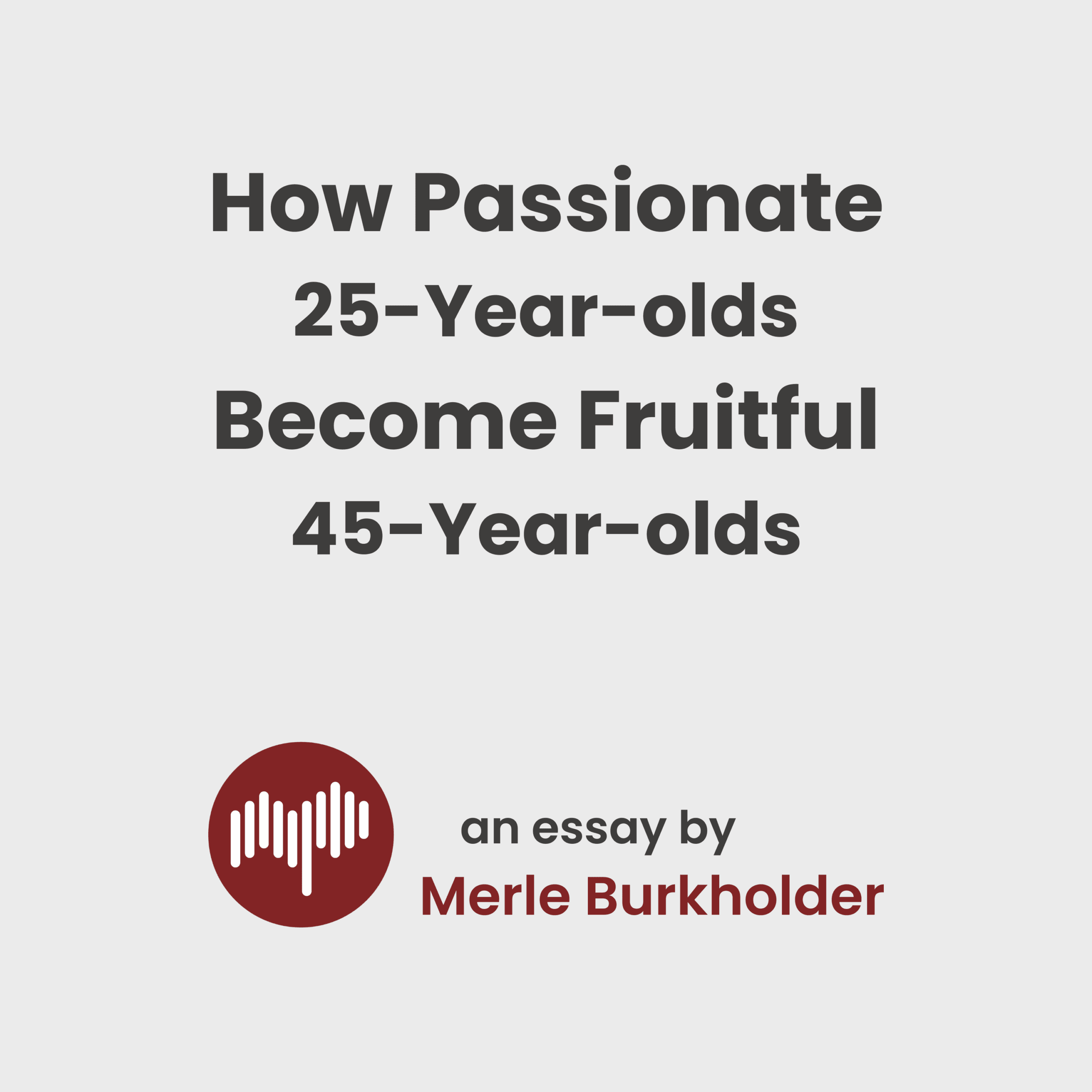
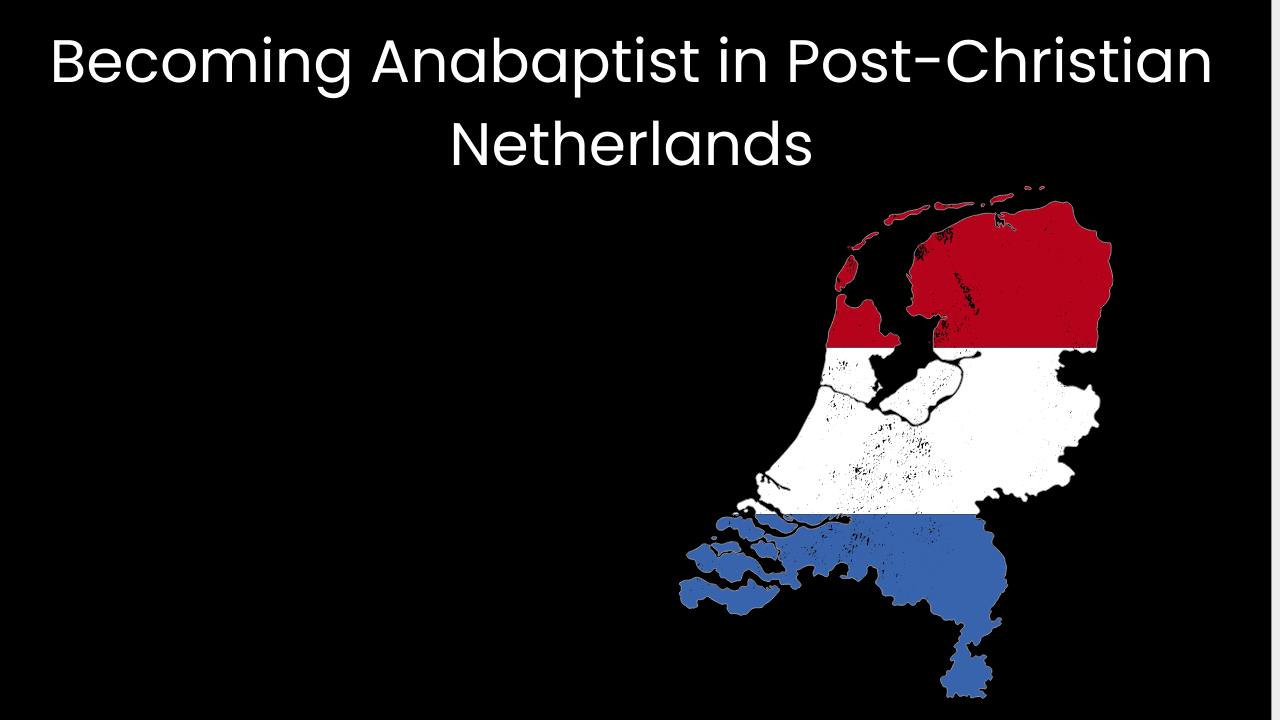
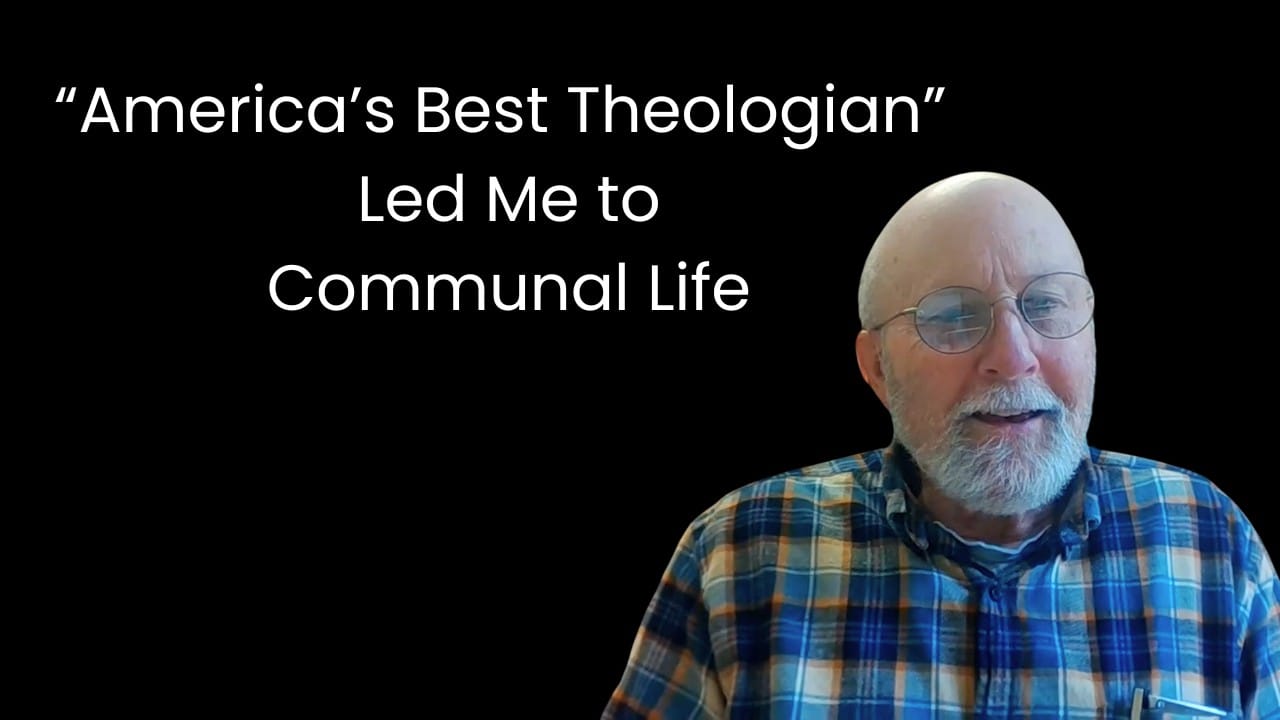
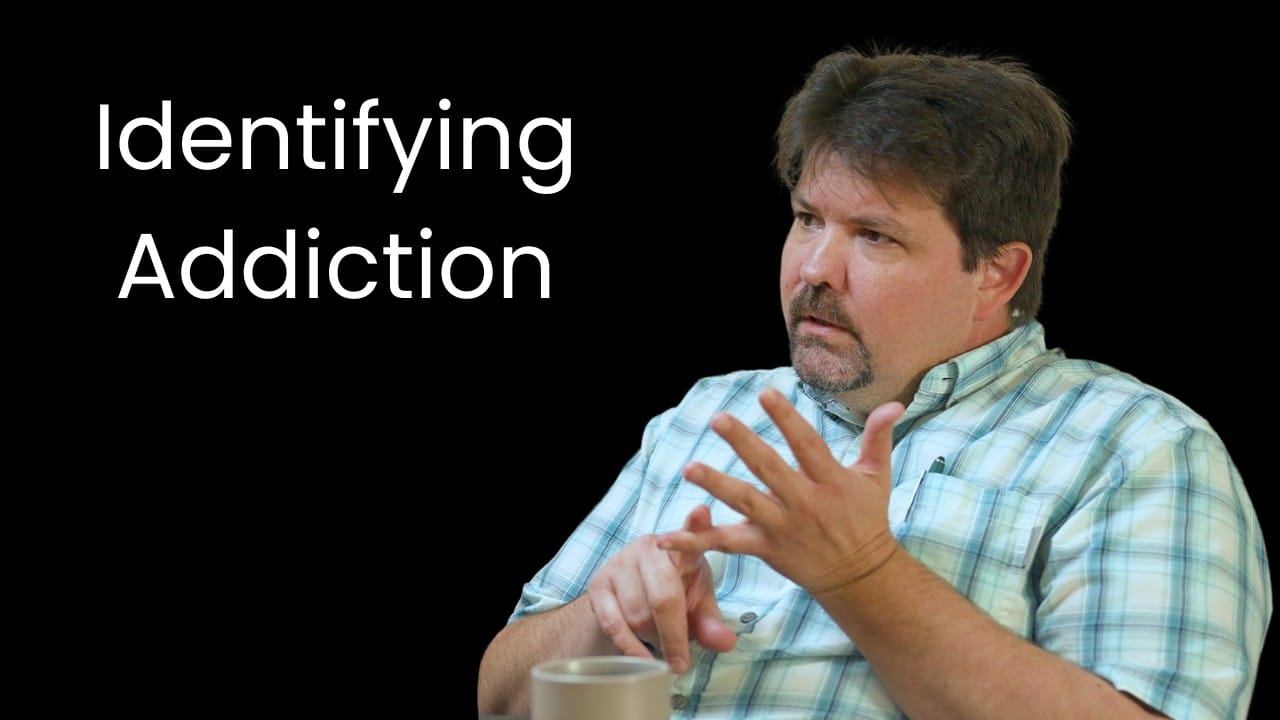
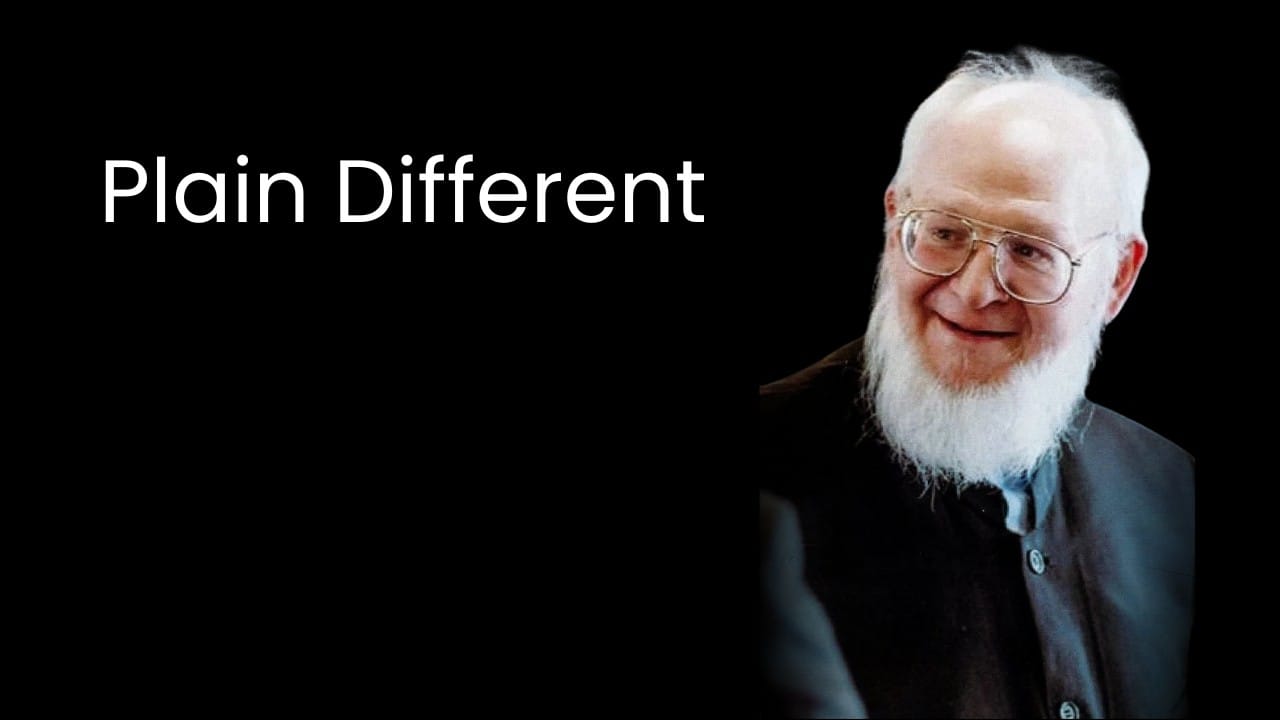
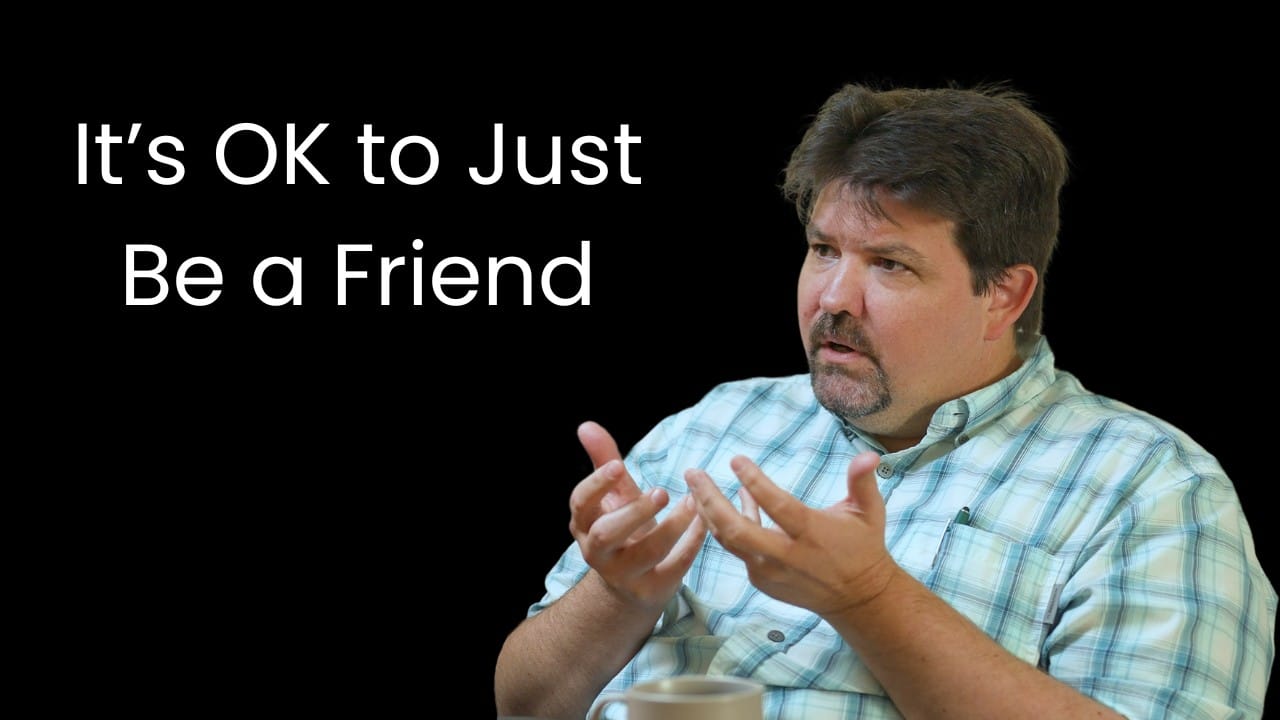
Leave a Reply